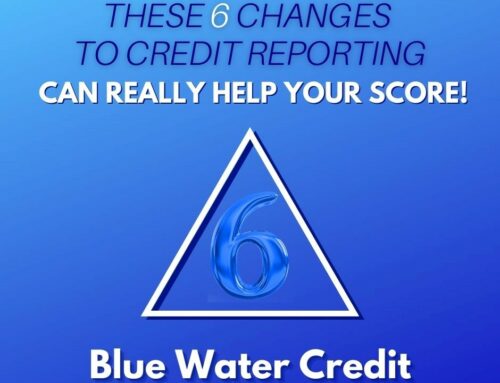
It starts that simply – with you answering affirmatively to a question from an anonymous caller on your home phone, “Can you hear me?”
But that one-word answer can instantly enable scammers to hack your accounts and steal your identity.
In fact, automated phone calls meant to defraud you are so prevalent that they’re called “robo-calls,” since criminal organizations can orchestrate millions of calls a day through the use of technology.
Targeting home phones and landlines, these robo-call scams are surprisingly sophisticated. For instance, the “Yes” scam we opened with works like this:
An automated call reaches your landline, and a voice asks if you can hear them OK. Of course, most people respond “yes,” without thinking twice. But the scammer’s technology on the other line then records your voice saying “yes.” When you soon notice ridiculous charges on your credit card, bank account, or even phone bill for something you didn’t order, the scammers have on file that you authorized the charges by saying “yes.”
This is just one of the new generation of robo-calls that are defrauding the American public – and often aimed at susceptible populations like the elderly, uneducated demographics, and those who speak English as a second language.
In fact, every month, the American public is lambasted and harassed by 2.6 billion robocalls – about eight for every single person in the country! Most of them come from overseas, where criminal syndicates use technology to make millions of cheap calls out of reach of the U.S. authorities and with little chance of getting caught.
The Federal Trade Commission reports that robocalls are the number one complaint they receive from consumers, with 2.5 million individual complaints in 2016, up 60% from just 2015. The FTC is getting about 13,000 complaint calls every day in 2017, up 34% from 2016!
The scammers also commonly claim to be the IRS, social security administration your bank, credit card company, or even your local town hall or school. By asking you to confirm your information like address, social security number, birth date, or account numbers, they can easily hack your identity and steal your money.
But you’re on the Do Not Call Registry, so you’re protected, you say? Hardly, as these international scammers really pay no credence to U.S. laws – and certainly not no-call regulations.
But the majority of these calls definitely are illegal. According to Janice Kopec, staff attorney with the Federal Trade Commission, “Anytime you get a robocall in which somebody is trying to sell you a good or service, if you didn’t give the caller prior expressed written consent for that call, that call is illegal.”
While not all automated calls are illegal (political messages, school closures, 911 notifications, etc. are perfectly lawful), these scammers aren’t just being over zealous selling a product – they’re outright trying to steal from you, and they’re darn good at it.
The moment the public starts getting a whiff of the newest scam, they change their methodology and start something even more sophisticated and voilating. For instance, when consumers stopped answering calls from phone numbers they didn’t recognize, these robo-callers shifted tactics. They now use software that masks their phone number, mirroring the first three digits of your calling code so you’ll think you’re receiving a local call. Called “spoofing,” it catches people off guard – and opens them up even more to a quick “yes” when asked if they can hear the caller.
So what is the government or authorities doing to protect us from calls? Not much. Although the Department of Consumer Affairs and other law enforcement agencies may be well-intentioned and trying their best, they’re completely overwhelmed by the flood of scams, cyber hacks, and robocalls these days.
But the FTC has coordinated with 130 law enforcement agencies to try and crack down on robo-callers. They’ve issued fines to big companies that are violating the terms of no-call lists (Dish Network was just hit with a $280 million judgment) as well as working with the phone companies on new technology that will screen for this type of calls.
How can you best protect yourself from robo-callers and scammers?
- Only answer calls from familiar numbers. Let your answering machine pick up any unknown numbers (scammers will almost never leave messages).
- Try not to answer “yes” to anything. Use other affirmatives like “uh huh” or “sure.”
- If the call asks you to hit a button to stop receiving calls, don’t do it – scammers will know that they have a live caller on the line.
- If you receive a robo-call or suspect a scam, write down the number, the time, and the content of their message.
- Ask your phone company if they have any technology to block robocalls or spam.
- NEVER share any personal or financial information over the phone, no matter who they say they are. Don’t even confirm any information that they already have.
- If it really is the IRS, your bank, etc., then they’ll send you a letter, or you can ask for a reference number and tell them that you’ll call them back at the number published on their official website.
- Sign up for the Do Not Call Registry.
- Report any robocalls or scams to local law enforcement, the Better Business Bureau, and the FTC online or by calling 1-888-382-1222.





